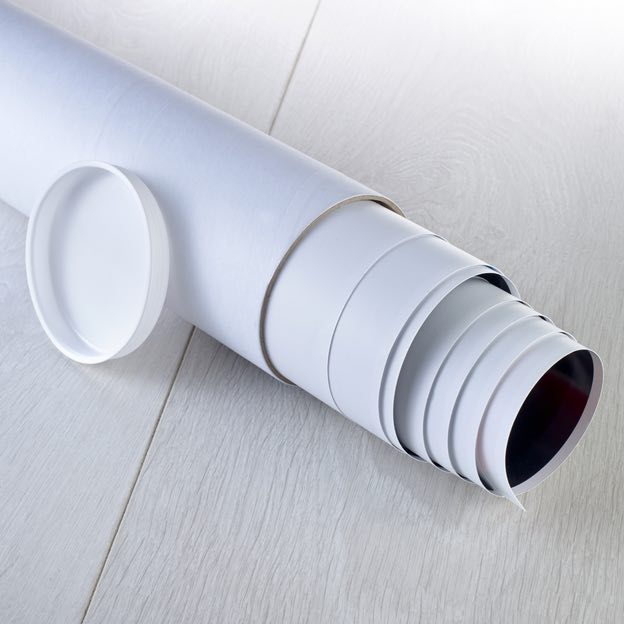
Lucknow's siege during the Cipayes' revolt against British power in India, 1857-1858
Image information
Sizing information
| Overall size (inc frame) | x cm ( x in) |
| Depth | cm (in) |
| Artwork | x cm ( x in) |
| Border (mount) |
cm
top/bottom
(in)
cm left/right (in) |
| The paper size of our wall art shipped from the US is sized to the nearest inch. | |

Our prints
We use a 200gsm fine art paper and premium branded inks to create the perfect reproduction.
Our expertise and use of high-quality materials means that our print colours are independently verified to last between 100 and 200 years.
Read more about our fine art prints.
Manufactured in the UK, the US and the EU
All products are created to order in our print factories around the globe, and we are the trusted printing partner of many high profile and respected art galleries and museums.
We are proud to have produced over 1 million prints for hundreds of thousands of customers.
Delivery & returns
We print everything to order so delivery times may vary but all unframed prints are despatched within 1–3 days.
Delivery to the UK, EU & US is free when you spend £75. Otherwise, delivery to the UK costs £5 for an unframed print of any size.
We will happily replace your order if everything isn’t 100% perfect.
Product images of Lucknow's siege during the Cipayes' revolt against British power in India, 1857-1858



Product details Lucknow's siege during the Cipayes' revolt against British power in India, 1857-1858
Lucknow's siege during the Cipayes' revolt against British power in India, 1857-1858
The Relief of Lucknow, 1857. The siege of Lucknow was one of the major engagements of the uprising against British rule in India which began in 1857. Lucknow itself was besieged by mutineers for 87 days from the outbreak of the mutiny until a column commanded by General Sir Henry Havelock broke through on 25th September 1857. Havelock's force was insufficient to break the siege however, and Lucknow was once again surrounded until finally relieved by another, larger force led by General Sir Colin Campbell on 25th November 1857.
- Image ref: XEE4188456
- Bridgeman Images
Find related images
 zoom
zoom
















